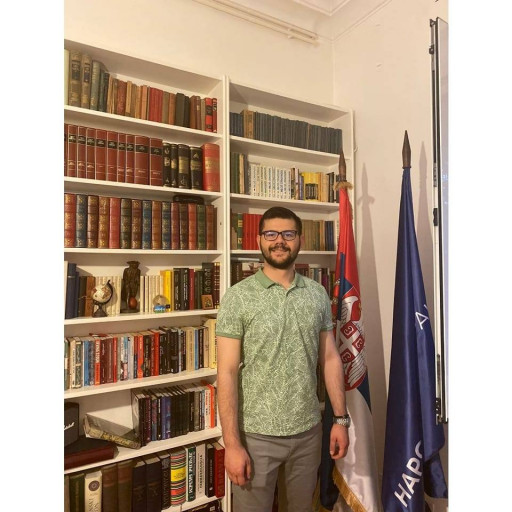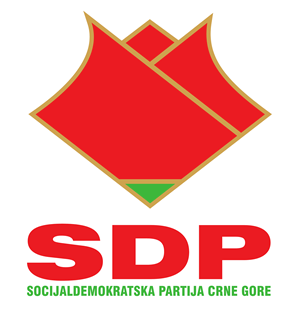
If you were to observe modern democracy today, you would easily see that without political parties it is not possible to create a system in which more or less all citizens would be represented. Different types of citizens' associations manage to present some problem or represent a certain agenda in the case of local elections in order to protect or improve the position of their voters, but when it comes to parliamentary elections, such movements do not have the strength and resources to properly conduct a political campaign in order to fight for their seats in parliament. Such political movements too often have as their base a limited territorial unit on which they operate or too few topics they deal with, which could interest their voters. On the other hand, political parties that deal with a much wider range of social issues provide answers to a greater number of problems that burden citizens. In addition, the larger membership and spread of party committees throughout the country enables political parties to connect with people, and citizens thus indirectly get their voice, which can represent their interests through the media or parliament.

In his theory of the Iron Law of Oligarchy, Robert Michels pointed out that the creation of an elite is inevitable in democratic organizations in order for these organizations to achieve stability. This phenomenon has not escaped the political parties either, so the question of the best way to reform the decision-making principles within the parties arises. When selecting candidates for parliament, it is almost a rule that political parties put their most visible members in the foreground in order to attract as much attention as possible from the voters. This approach is absolutely legitimate because it leads to potentially better results in the elections. However, this approach closes the possibility of advancement in the party hierarchy to other lower-ranking members of the party and slows down the building of new leaders who would potentially contribute to the development of the political organization itself in the future.
By relying on proven candidate selection methods, political parties would open up the possibility that a certain number of places on the list of deputies for parliamentary elections would be opened to different candidate profiles. Those mentioned candidates, in addition to professional qualities, should also be from different parts of the country, of different gender, age, social status, profession, etc. so that all layers of society would be represented in the right way and so that the citizens would feel the benefits of representative democracy in the right way. In the proportional electoral system that exists in the Republic of Serbia, it often happens that certain parts of the country and the citizens who live there have only one or no representatives in the parliament, while cities with large populations have a huge number of representatives who, apart from party loyalty, do not have to fulfill some broader set of criteria. This alienates citizens from politics, thus creating the effect of legitimacy loss in the National Assembly. In addition, by opening the party for membership from smaller places, some kind of message is sent to all party members that with work and effort it is possible to achieve results, which would motivate people from those often forgotten areas of the country to take a bigger part in everyday political activities.
The candidate selection method would give people of different backgrounds, who correspond to the party's ideology and the party's program, the opportunity to present themselves and their party in the right way. This kind of inclusion of ’’fresh blood’’ would also bring positive results in terms of integrity, new people who are not known to the general public can become more relevant as representatives through communication with citizens than people who are professional politicians and who have been involved in politics for many years. Newly arrived candidates for parliament would eliminate the impression of elitism that political parties often carry with them, and especially the inclusion of young people in that process would have a positive effect in the form of increasing interest in politics among students and other young people.





_thumb.jpg)

